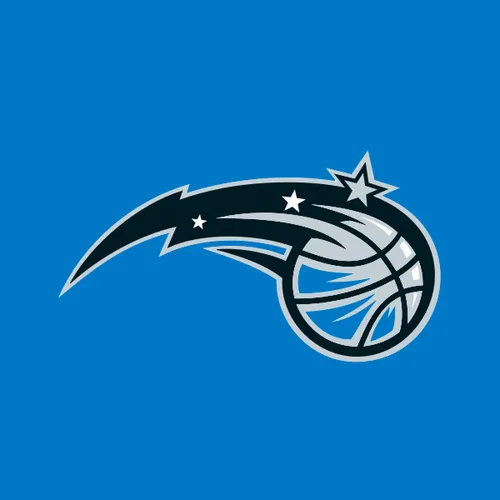







Program Management Jobs in the Sports Industry: A Quick Guide
Introduction
The sports industry has witnessed significant growth in recent years, leading to an increased demand for program management professionals dedicated to ensuring the success and efficiency of various programs and initiatives. This guide aims to provide an in-depth look into the world of program management jobs within the sports industry, including the roles of program management professionals, the types of positions available, salary expectations, essential skills, and tips for landing a job in this exciting field.
The Role of Program Management Professionals in the Sports Industry
Program management professionals play a crucial role in the sports industry by overseeing the planning, execution, and evaluation of various sports programs and initiatives. They work closely with stakeholders, including athletes, coaches, sponsors, and administrators, to ensure that programs meet their objectives and provide maximum value to all parties involved. Their responsibilities may include budgeting, scheduling, risk management, and performance measurement.
Types of Program Management Jobs in the Sports Industry
The sports industry offers a diverse range of program management job opportunities, including:
Sports program managers, who oversee the development and implementation of sports programs, such as youth clinics, training camps, or recreational leagues.
Event managers, who are responsible for planning and executing large-scale sporting events, such as tournaments, championships, or fundraisers.
Facility managers, who manage the operations of sports facilities, including maintenance, scheduling, and staffing.
Sponsorship managers, who coordinate partnerships with corporate sponsors and ensure that sponsorship agreements are fulfilled.
Community relations managers, who develop and implement community outreach initiatives to promote sports programs and organizations.
Salaries in the Program Management Hiring Sector of the Sports Industry
Salaries for program management professionals can vary widely based on factors such as experience, location, and employer. Entry-level positions, such as assistant program managers or event coordinators, may offer modest compensation. Junior-level professionals, like experienced program managers or event managers, can expect higher salaries. Intermediate-level positions, such as senior program managers or facility managers, typically command competitive wages. Senior-level professionals, including directors of program management or operations, can earn lucrative salaries commensurate with their expertise and experience.
Essential Skills for Success in Sports Program Management
To excel in the program management sector of the sports industry, professionals must possess a diverse skill set, including:
Strong project management and organizational skills to plan, execute, and evaluate complex sports programs and initiatives.
Effective communication and interpersonal skills for collaborating with diverse stakeholders, including athletes, coaches, sponsors, and administrators.
A deep understanding of sports industry trends, best practices, and regulations.
Problem-solving and decision-making abilities to address challenges and adapt to changing circumstances.
Leadership qualities to inspire and motivate teams and foster a collaborative working environment.
Tips for Landing a Job in Sports Program Management
Securing a position in the sports program management sector can be competitive. To increase your chances of success, consider the following tips:
Pursue a degree in sports management, business administration, or a related field, followed by additional training or certifications in project management or a relevant specialty.
Gain practical experience through internships or part-time positions in sports program management settings using Rebound.
Network with industry professionals by attending conferences, joining professional associations, and engaging in online forums and social media.
Tailor your resume and cover letter to emphasize your relevant education, experience, and skills in sports program management.
Prepare for interviews by researching potential employers, practicing common interview questions, and demonstrating your passion for sports program management and the sports industry.
Conclusion
The program management sector of the sports industry offers a diverse range of rewarding career opportunities for individuals passionate about sports and eager to contribute to the success of various programs and initiatives. By understanding the roles, job types, salary expectations, and skills required, you can better position yourself for success in this dynamic field. Remember to invest in your professional development, gain hands-on experience, and build a strong network of contacts. With determination, hard work, and the right approach, you can find your place in the program management hiring sector of the sports industry and enjoy a fulfilling and impactful career.



























